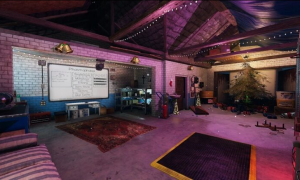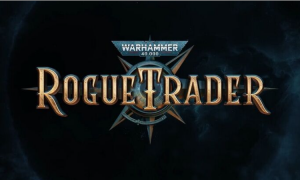Valve Bans Snaptap in CS2 Update, Cracks Down on Key Binds

Valve has made a significant move with its latest Counter-Strike 2 update, taking a hard stance against certain automated inputs and scripting that have long been prevalent in the game. The update bans the use of popular macros for actions such as jump-throws and counter-strafing, signaling a major shift in how the game handles automated player assists. This decision comes as Valve seeks to preserve the core skill set that defines the competitive shooter.
While many players were unaware of these tools, keyboard macros for advanced techniques have existed for years, previously tolerated by Valve. However, the rise of features like Simultaneous Opposite Cardinal Direction (SOCD) inputs, marketed as “Snap Tap” by hardware manufacturers such as Razer, has sparked controversy across competitive gaming. These inputs can simplify mechanics like counter-strafing, making it easier for players to maintain accuracy while moving—an essential skill in Counter-Strike.
The change has been met with widespread support from players who prefer to rely on manual inputs. One Reddit user encapsulated the sentiment: “As someone who doesn’t use any keybinds and has been relying on my natural inconsistencies, I am happy.”
Valve has clarified that the use of hardware-assisted counter-strafing will now result in a kick from matches on official servers. Certain input binds will also be ignored by default. Additionally, Valve has made a subtle yet impactful adjustment: players can now hear the grunt sound when opponents perform a jump throw, adding an extra layer of tactical awareness.
The move targets high-level strategies like precision grenade throws, which are often facilitated by macros. Players can still perform these advanced maneuvers, but without automation, they’ll need to practice more to execute them successfully.
In a blog post accompanying the update, Valve addressed its decision: “Developing one’s coordination and reaction time has always been key to mastering Counter-Strike. Recently, some hardware features have blurred the line between manual input and automation, so we’ve decided to draw a clear line on what is or isn’t acceptable.”
The update also touches on the ever-present issue of cheating. Valve announced that it has begun testing VACNet 3.0, a new iteration of its anti-cheat system. VACNet 3.0 has the potential to respond in real time to player complaints, automatically kicking suspected cheaters and even canceling compromised matches. Though details remain vague, the hope is that VACNet 3.0 will further tighten the game’s security and provide a fairer experience for all players.
While it’s unclear whether this update will significantly impact cheating, it will undoubtedly change the landscape of competitive play. And as Valve continues its battle against cheaters, one thing is for sure: “Snap Tap” won’t be part of the equation.




















